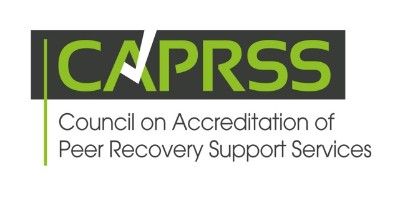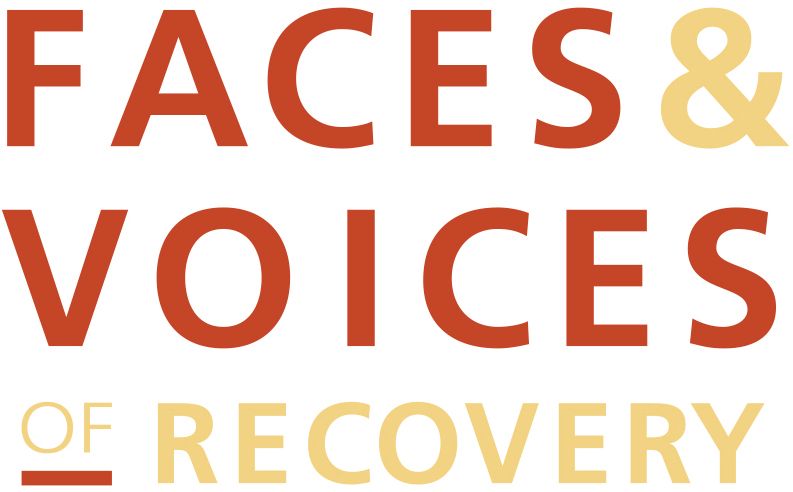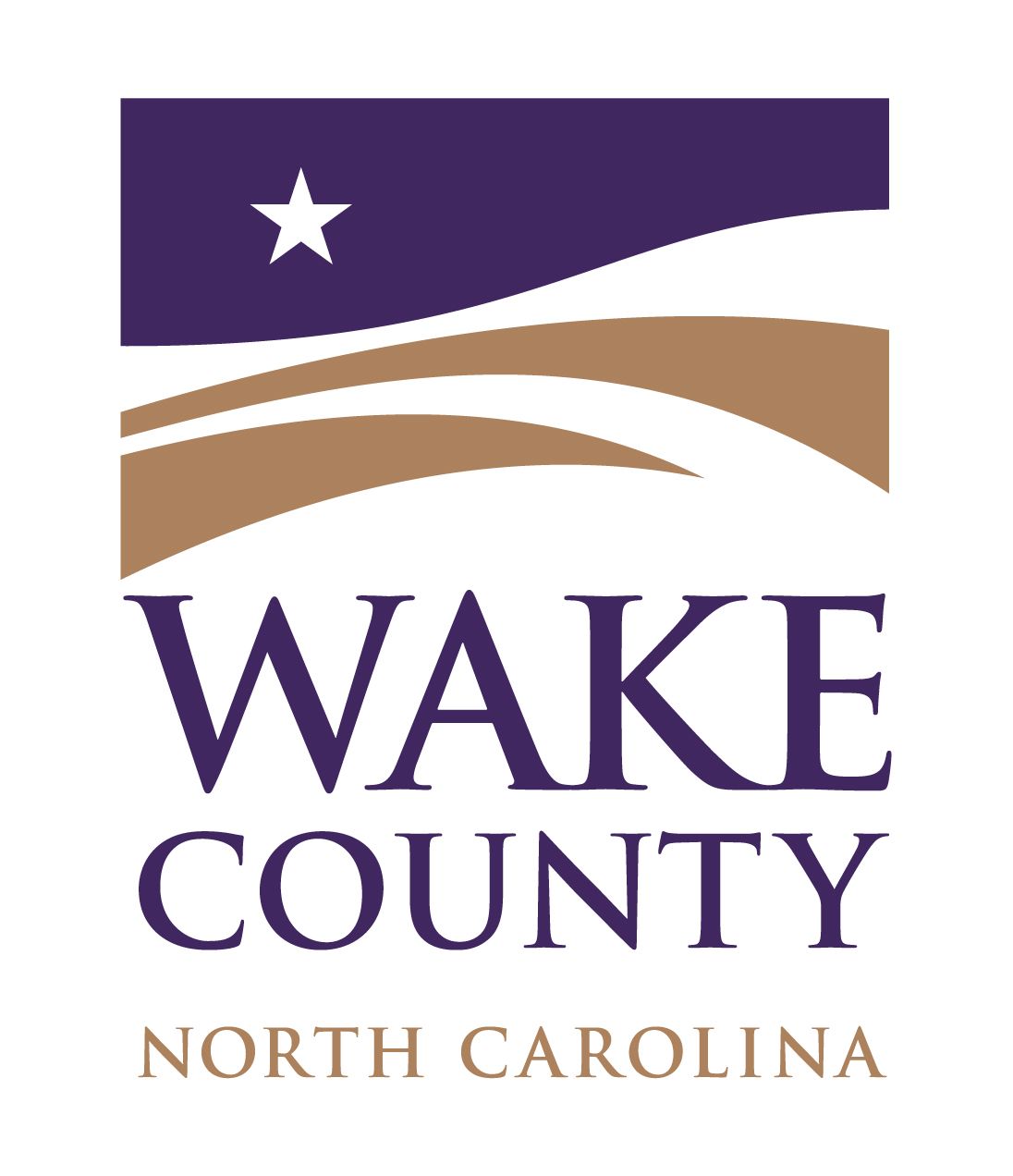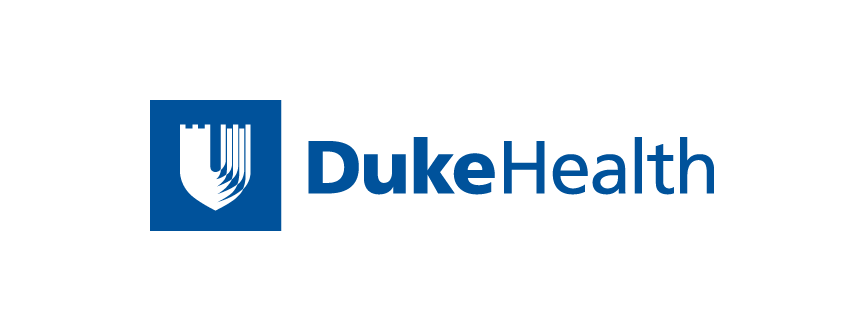MESSAGE & STIGMA TRAINING
“On Point Messaging”
Exploring the Addictionary of Recovery Messaging Training
Social stigma has kept recovery voices silent for decades. Research has shown that messaging shifts can open attitudes toward addiction as a disease and recovery as a real thing. This course, developed by Faces and Voices of Recovery, will provide techniques on how to discuss addiction and recovery with family, employers, friends, service providers, the general public and the media.
This training is designed for those in recovery, recovery allies, professionals working in the recovery field and community members wishing to learn about the language of recovery.
Objectives
After attending this training, participants should be able to:
- Understand what recovery messaging is
- Recognize that depending on the type of messaging, it can support or harm people in recovery.
- Remove barriers to recovery through effective messaging, and through effective recovery messaging, improve the quality of life for those still suffering or recovering from substance use disorders.
YOUR RCNC FACILITATOR -Troy Manns, Statewide Manager of Advocacy and Education
Troy has over 16 years’ experience in working to galvanize people and systems toward supporting long term recovery initiatives. He has extensive experience in working as a Certified Peer Support Specialist, Substance Use Disorder Specialist, Recovery Advocate, a CSAC-I, Trainer, Facilitator, Program Developer, Public Speaker and Change Strategist. Troy is highly respected in the addiction and recovery fields and spends his life working to remove barriers to recovery for people with Substance Use Disorders. He supports their family members and works to educate those in high places to understand the impact of both addiction and recovery on individuals, families, communities, society and the workplace.
His brainchild, “Foundations for Hope (f4H)” facilitated at the Orange County Detention Center and partnering with “Josh’s Hope Foundation” speaks to Troy’s ability to convince state and local decision makers including the Orange County Sheriff’s Department, Judges, Recovery Court personnel and other State officials that those with substance use disorders can and do recover.
Prior to coming to RCNC, Troy served as Co-Director of Paths to Recovery Community Center (a program of Freedom House Recovery Center in Chapel Hill, NC). His previous experience also included working in the areas of Outreach and Advocacy for Oxford House and as Coordinator of Healthcare at Freedom House. He also served as the Director of Recidivism Reduction Services that helped people re-entering from prison learn new life skills to keep them from returning to prison.
Credit Hours: 3 Hours Pre-Approved NCSAPPB.
This course is FREE for charities, nonprofit organizations and individuals. You can register for free by emailing: pgix@rcnc.org. Type “Recovery Messaging” in the subject line and include your full name and contact information (including phone number) in the body of the email.
For business organizations, there is training fee and this fee is dependent on size of organization, annual budget, and number of individuals being trained. If you are a business organization, email ralinger@rcnc.org for more details.
The Impact of Labels and Stigma
Labeling theory is the theory of how the self-identity and behavior of individuals may be influenced by the words used to describe or classify them. It is related to the idea of self-fulfilling prophecy and stereotyping. As a Peer Support Specialist, it is important to use “people first” as well as “respectful” language. People first language means that we do not describe a person in terms of their disability or diagnosis, but rather describes the person as an individual. It is language that demonstrates respect for the individual you are talking to. For example,” Joe is a schizophrenic” puts the emphasis on Joe’s diagnosis, and dismisses him as a person. “Joe is a person who has schizophrenia,” describes Joe as an individual who has a diagnosis. Respectful language avoids labeling and stereotyping labels such as “alcoholic,” “mental patient” or “dope fiend.” Instead, it uses respectful terminology, or avoids pointing out a disability unless it is relevant to the discussion. People who are labeled often internalize these roles, so the Peer Support Specialist should always avoid using negative labels. There is much power in the language we use to describe a person. The words we choose, often with benevolent intention, have the ability to cause the opposite effect.
“Reducing a person to nothing more than their difficulties is one of the most damaging and dehumanizing forms of language. It denies the existence of any facet of the person, any relevant role or characteristics, other than their diagnosis.” (Perkins & Repper, 2001)
In discussing the power of labels, William White (2004) writes that language can:
- empower and dis-empower
- humanize or objectify
- engender compassion or fear and hatred
- motivate or deflate
- comfort or wound
- unite or create enmity (deep rooted mutual hatred)
Messaging
The most respectful way of referring to PEOPLE is as PEOPLE. Have you ever thought about the language of recovery? By changing our language, we change misperceptions and mistaken beliefs about recovery and the power of each person to achieve their goals and dreams. Here are some examples of current terms and alternative words to describe addiction and recovery in ways that capture the deeper meaning and value of recovery in a positive and non-judgmental fashion:
John is an addict. VS
- John is a person with a substance use disorder.
- John is in recovery from drug addiction.
These statements avoid defining the person by their disease.
Joan is in denial. VS
- Joan is ambivalent about …….
- Joan is considering many pathways of recovery.
These statements remove the blame and stigma implied.
Pathology-based assessment of the person. VS
- Strengths-based assessment
- Recovery includes reminding people of their strengths and offering hope.
Contact us at info@RCNC.org for more information.









